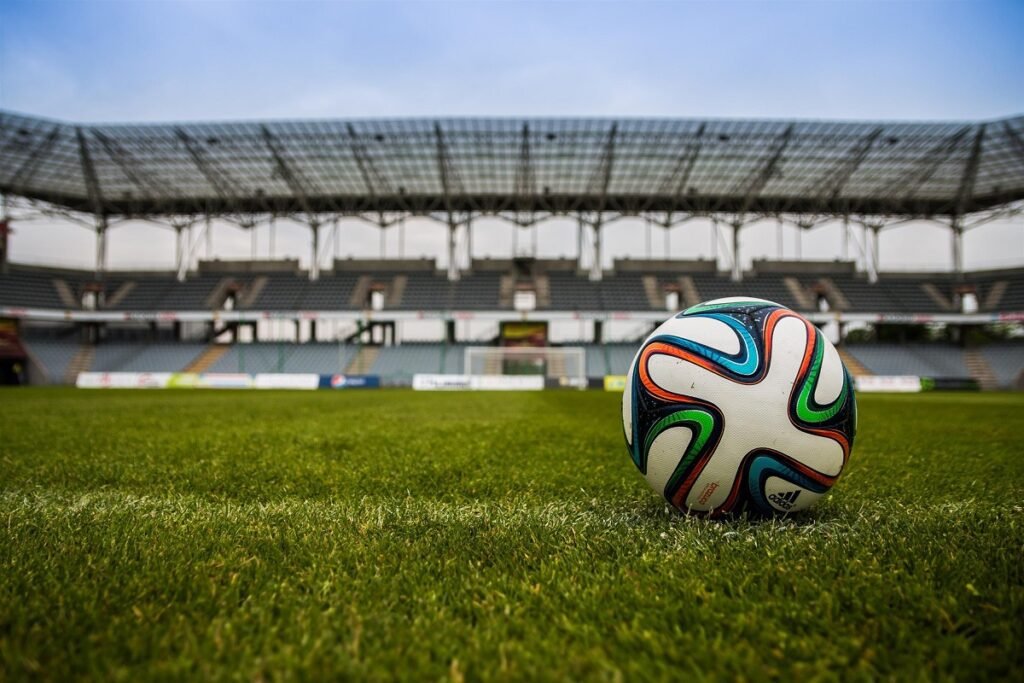Introduction :
Sports have evolved over the years and have become an integral part of many people’s lives. Coaches and trainers play an essential role in ensuring that athletes reach their full potential. Coaches provide guidance and training to athletes, while trainers focus on strength training, conditioning, and injury prevention. These professionals work together to create an environment that is conducive to success. By developing a well-structured training program and encouraging athletes to strive for excellence, coaches and trainers are able to maximize the athlete’s performance. Together, they create a powerful team that works to reach the highest levels of competition.

The Role of the Coach in Sports
The role of the coach in sports is often overlooked, yet it is an essential factor in a team’s success. From managing the team and fostering a positive team culture to developing strategies and techniques, coaches play an integral role in the success of any team.
The first and most important role of a coach is to create a positive team culture. A coach should foster an environment of trust and respect, where everyone feels safe and comfortable. This will help the team to function optimally, as well as ensure that each player is able to reach their full potential. Coaches can accomplish this by providing positive reinforcement, setting clear expectations, and holding players accountable.
The second role of a coach is to develop strategies and techniques that help the team reach its goals. This involves analyzing the team’s strengths and weaknesses, as well as identifying areas where improvement can be made. Coaches should also be able to identify potential areas of advantage, such as particular matchups or in-game adjustments.
The third role of a coach is to provide guidance and support for players. This can include providing feedback, giving advice, and helping players to stay focused and motivated. Coaches should be able to recognize when players are struggling and help them to get back on track

Top 10 Responsibilities of Coaches in Sports
1. Develop and implement effective practice plans in order to improve the athletes’ skills and knowledge of the sport.
2. Provide positive reinforcement and constructive criticism to athletes.
3. Monitor athletes’ progress and assess their performance.
4. Foster a positive team atmosphere and ensure athletes are working together towards a common goal.
5. Teach athletes the importance of good sportsmanship, respect for their opponents, and the rules of the game.
6. Motivate athletes to reach their full potential.
7. Educate athletes on the importance of proper nutrition and a healthy lifestyle.
8. Provide emergency first-aid when necessary.
9. Develop strategies to win games and help athletes prepare for competition.
10. Monitor athletes’ academic progress and ensure they are meeting the academic requirements set by the school or league.

The Role of Training in Sports
Sports are an integral part of our lives, and they can be a great way to learn valuable life lessons. Training is an important part of any sport, and it can be the difference between a win or a loss. Training helps athletes build strength and endurance, improve technique, and develop the mental focus necessary to excel in competition. But training for sports does more than just improve an athlete’s physical abilities; it also helps them develop essential life skills that can help them in other areas of their life.
The most important part of training for sports is developing a strong work ethic. Working hard and consistently to improve yourself builds self-discipline and a sense of accomplishment. This type of dedication is important in any career, not just sports. Athletes also learn how to set goals and work towards them, a skill that can help them succeed in any endeavor.
Training for sports also helps athletes learn how to perform well under pressure. This is especially important in team sports, where an athlete may be relied upon to perform a specific role or task. Learning how to remain focused and perform well in high-pressure situations can be beneficial in many areas of life, such as business, politics, or even parenting.
In addition, training for sports teaches athletes how to be part of a team. Working together with others towards a common goal teaches important lessons about collaboration and communication. These skills are essential for any successful team or organization.
Training for sports can also be beneficial for mental health. Exercising regularly can help athletes to reduce stress, improve sleep, and build self-confidence. It can also help athletes to learn how to manage their emotions and stay in control of their performance.

10 Benefits of Training for Sports
1. Improved Performance:
Training helps athletes to improve their performance in a sport. Through proper training and practice, athletes can develop the skills they need to succeed.
2. Injury Prevention:
Proper training helps athletes reduce their risk of injury. Training can improve coordination, balance, and strength, all of which can help athletes stay injury-free.
3. Increased Stamina:
Training can help athletes to increase their stamina and endurance. This can help them to perform better and last longer in a competition.
4. Improved Concentration:
Training can help athletes to improve their concentration and focus. This can help them to stay focused during a competition and perform better under pressure.
5. Improved Confidence:
Training can help athletes to build their confidence. With increased confidence, athletes can push themselves to new levels and achieve their goals.

6. Improved Mental Strength:
Training can help athletes to develop mental strength. This can help them to maintain mental focus and stay motivated during tough competitions.
7. Improved Communication:
Training can help athletes to develop better communication skills. This can be important when working with a team or coach.
8. Improved Teamwork:
Training can help athletes to develop better teamwork skills. This can help them to work together as a team to achieve a common goal.
9. Improved Leadership:
Training can help athletes to develop better leadership skills. This can help them to lead a team to success.
10. Improved Decision-Making:
Training can help athletes to develop better decision-making skills. This can help them to make the right decisions during a game or competition.

Conclusion:
In conclusion, coaches and training play a critical role in sports. Coaches are responsible for the development of athletes, from the basics of technique to the mental side of the game. With their knowledge of the sport, coaches teach athletes the skills needed to excel. Additionally, coaches must be good motivators to get the most out of their athletes. Training is essential for athletes to reach their peak performance levels, helping them become physically and mentally fit while developing the necessary skills to excel in their sport. Whether aspiring to join the ranks of the top famous athletes in the world or mastering the rules of playing sports, the guidance of coaches and the dedication to training are indispensable for every athlete’s success.













